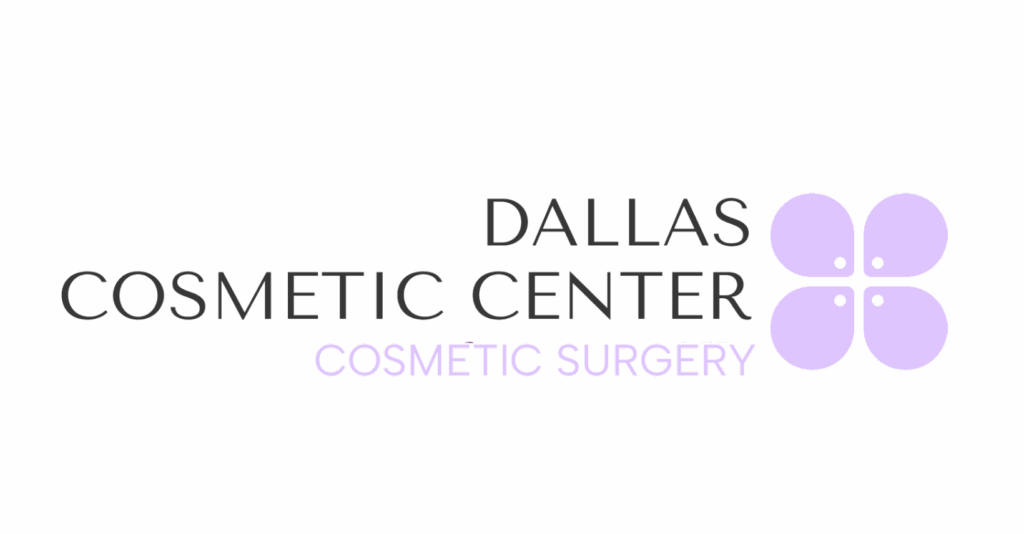Gynecomastia, or the enlargement of male breast tissue, is a condition that affects many men at different stages of life. While it is not usually harmful, it can lead to discomfort and affect self-esteem. Understanding the underlying causes—hormonal imbalances, lifestyle choices, and genetic factors—can help men take informed steps toward treatment or prevention.
Hormonal Imbalances: A Primary Factor
One of the most common causes of gynecomastia is a hormonal imbalance. Men naturally produce both testosterone and estrogen, though in different amounts. When the balance shifts and estrogen levels increase or testosterone levels decrease, it can lead to the development of breast tissue. This imbalance often occurs during puberty, when hormonal fluctuations are normal and usually temporary. In older men, hormone levels shift again as testosterone production gradually declines, increasing the likelihood of gynecomastia. Certain medical conditions, such as hyperthyroidism, kidney or liver disease, and tumors affecting hormone-producing glands, can also disrupt this delicate hormonal balance.
Lifestyle Habits That Influence Gynecomastia
Lifestyle habits can also contribute to gynecomastia. The use of substances like alcohol, anabolic steroids, and marijuana has been linked to hormonal changes that may result in breast tissue growth. Prescription medications, including some used to treat depression, anxiety, heart conditions, and prostate issues, can also interfere with hormone levels. Additionally, obesity plays a significant role. Excess body fat can lead to increased estrogen production and may cause fatty deposits around the chest, making breast tissue more prominent or aggravating the effects of existing glandular tissue.
The Role of Genetics
In some cases, genetics is the key factor. Men who have a family history of gynecomastia may be more predisposed to developing the condition themselves. Certain inherited conditions, such as Klinefelter syndrome—a genetic disorder involving an extra X chromosome—can also result in abnormal hormone levels and the development of male breast tissue.
Treatment Options for Gynecomastia
Fortunately, gynecomastia is treatable. Addressing lifestyle factors, such as adjusting medication or managing weight, can sometimes resolve the issue. If a hormonal imbalance is the root cause, medical therapy may be needed. In cases where breast tissue does not respond to other treatments or causes significant discomfort or embarrassment, cosmetic surgery may be the most effective solution.
Expert Care at Dallas Cosmetic Center
If you or someone you know is experiencing symptoms of gynecomastia, Dallas Cosmetic Center offers expert care and advanced treatment options tailored to your needs. Dr. Otto Huertas provides discreet, compassionate consultations to help you feel comfortable and confident in your body.
To schedule your appointment, call us today at 972-279-9000.
